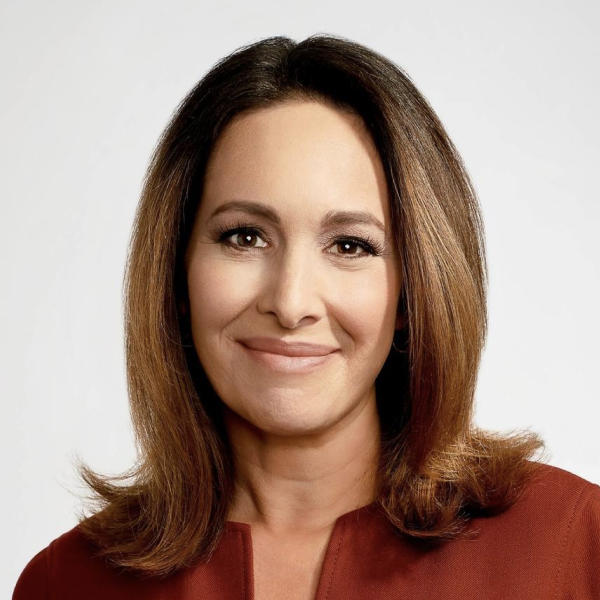Pressure mounts on supercommittee to cut big
The congressional supercommittee, which was created to come up with deep cuts in federal spending, held its first hearing Tuesday. The six Republicans and six Democrats have a little more than two months to find $1.2 trillion in savings. CBS News correspondent Nancy Cordes reports the committee members are under pressure to do a lot more than that.
With the national debt topping $14 trillion, several members of the supercommittee said Tuesday their task to cut $1.2 trillion just isn't bold enough.
"I think it is time for the committee to get real," said Democratic Congressman Chris Van Hollen of Maryland at the hearing.
Democratic Senator Max Baucus of Montana added: "We have a duty to think even bigger -- aim higher -- to ensure our country is on sound fiscal footing for the long term."
How much bigger? Alan Simpson and Erskine Bowles, who chaired the commission that President Obama created to figure out how to cut the deficit -- are among a growing chorus of voices on both sides pushing for $4 trillion in savings.
Dems on debt supercommittee want to tackle jobs
Debt supercommittee pols flush with health money
Democrats want debt-cutting panel to address jobs
"That is the minimum amount of deficit reduction we need in order to stabilize the debt and put it on a downward path," Bowles said in an interview.
House Speaker John Boehner agreed with Bowles, saying bipartisan support would grow with a larger plan where everyone shares the pain.
"I've spent months working with the president trying to do the big deal," said Boehner at a news conference Tuesday. "And I always believed that it would be easier to get the votes, if in fact we got a big deal."
Douglas Elmendorf, the director of the non-partisan Congressional Budget Office, warned the supercommittee Tuesday that big cuts should be spread out over time right to protect the fragile economy.
"The combination of policies that would be most effective, according to our analysis, would be changes in spending that would widen the deficit today, but narrow it later in the decade," he advised.
Cutting $4 trillion in debt would almost certainly require new revenues from taxes and big reforms to Medicare and Medicaid. The supercommittee is going to have to decide soon how big it wants to go, because its recommendations are due before Thanksgiving.
